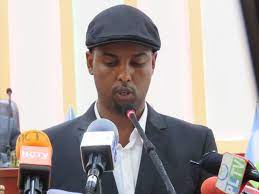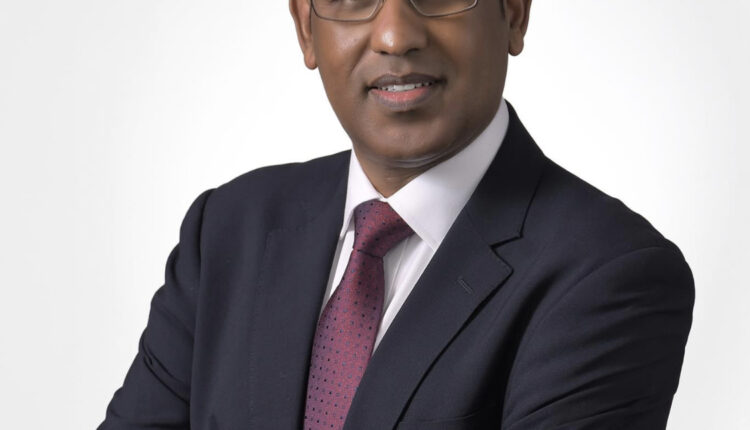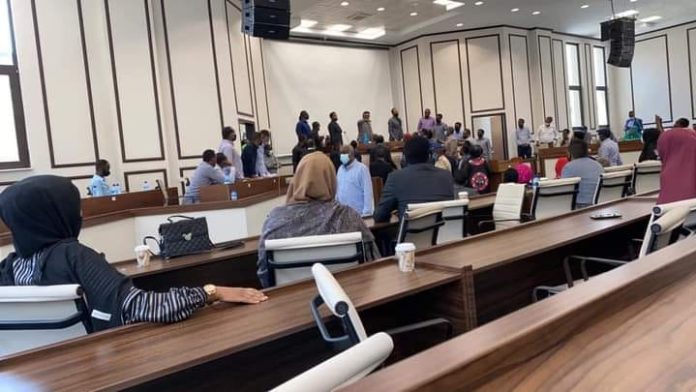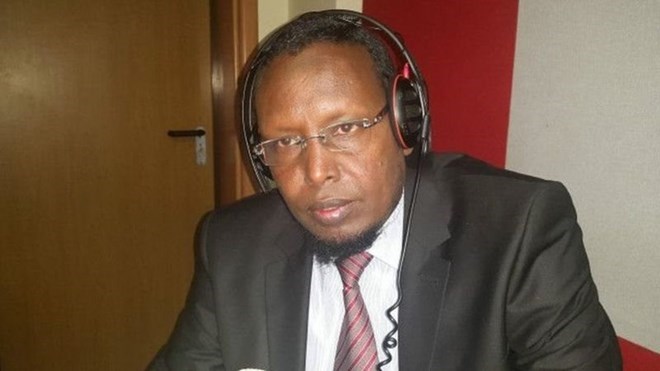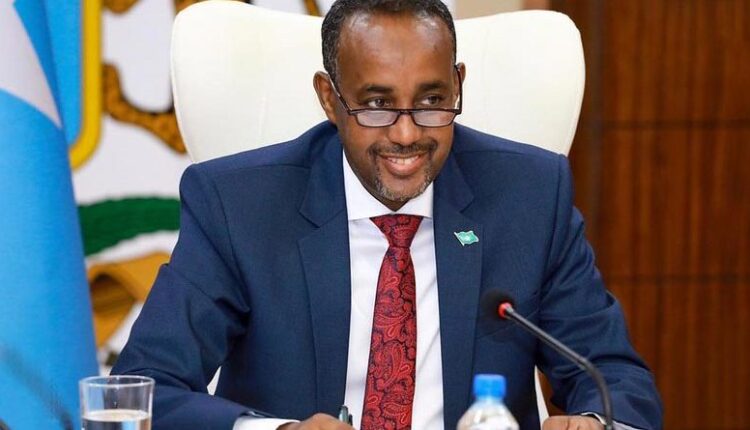Somalia fights government impersonators on social media
Somalia has blocked more than 20 fraudulent social media accounts impersonating government officials and ministries over the past year, Ministry of National Security spokesperson Mohamed Yusuf Osman told Sabahi.
The move follows an increase in the number of counterfeit Facebook and Twitter accounts that purport to represent members of the Somali government, he said, adding that the ministry has since established that the blocked accounts were opened from outside the country.
“We have prevented many problems by the groups whose intention is to spread lies through social media using the names of government officials,” Osman said. “We have communicated with many allies who support Somalia in that area. We succeeded in tackling some and we are still working on others.”
Somalia is not alone in tackling government impersonators on social media. Many foreign government officials also fall prey to impersonators and hackers, he said, but they have employees trained to address these issues.
“Since our country was destroyed over 20 years [ago], we do not have the capability to do that work,” Osman said. “It is not shameful that we do not have that capability, but there are efforts under way to train people for us on those issues.”
Until Somalia reaches that point, it will have to rely on its allies for help in this area, he said.
Osman declined to give details on the foreign governments helping Somalia suspend fake accounts, but he said they succeeded in closing Facebook and Twitter accounts impersonating several ministries, including the ministries of national security, foreign affairs, information and justice.
They also are investigating a Facebook page impersonating the National Intelligence and Security Agency, he said.
In the meantime, the Somali government makes every effort to alert the public whenever it finds fraudulent social media accounts claiming to represent Somali officials, Osman said.
“People can identify [fraudulent accounts] because we immediately issue a denial and address them,” he said. “They do not have a great impact on us.”
Osman cautioned, however, that if the fraudulent accounts are not dealt with swiftly, hackers could be emboldened to attack the emails of government officials and ministries, as has happened in other countries.
It is possible al-Shabaab is behind the fake Facebook and Twitter accounts and is using them to spread rumors about the country’s leaders and ministries in an attempt to mislead the public and diminish citizens’ support for the government, he added.
Somali government spokesperson Ridwan Haji Abdiweli said the number of fraudulent social media accounts increases during periods of transition and transfers in leadership.
“We are aware that many names are used in accounts on Facebook and Twitter, such as the name of the previous Prime Minister Abdiweli Sheikh Ahmed, and we tell people that they are fake when they send us inquiries,” he told Sabahi.
“It seems like the impersonators think their lies are more believable during times when the public has a high interest in news, such as when ministers are being named and when a prime minister is vacating the post and a new one is coming,” he said.
Improving cyber security
Yasmin Abdi, 23, who studied computer science at Mogadishu’s Benadir University, said the Somali government must prioritise cyber security.
“It is necessary for the Somali government to first focus on managing Somalia’s internet, so that it can block fake pages and even the websites extremists use to spread news that can pose a danger to the nation’s security,” she told Sabahi.
It is a huge victory for the government to succeed in blocking 20 fraudulent social media accounts, she added.
“It is a step that shows the government is ready to secure its data and that can lead the groups behind the fake accounts to be afraid of engaging in such acts,” Abdi said.
Ali Farah, 35, who owns an internet café in Hamar Weyne district, said people who create fraudulent social media accounts are ignorant about Islam.
Farah praised the Ministry of National Security for taking on the responsibility of tackling the fraudulent accounts that are propagating on social media and misappropriating the names of Somali government ministries and leaders.
“Lying is a sin for us as Muslims. Therefore, I can say that someone who does not realise that is ignorant,” he told Sabahi. “I would advise the people who are busy lying about government officials and famous people to fear God and refrain from misleading people.”












